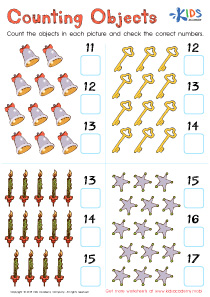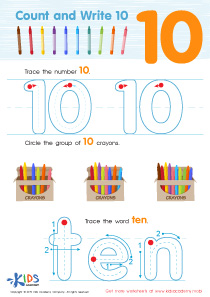Basic Addition Normal Numbers 0–10 Worksheets for 3-Year-Olds
3 filtered results
-
From - To
Discover our engaging Basic Addition Worksheets designed specifically for 3-year-olds! These fun, interactive worksheets introduce young learners to the world of numbers 0-10 through simple addition exercises. Our kid-friendly designs make learning enjoyable, helping children build foundational math skills while fostering a love for learning. With colorful visuals, relatable themes, and age-appropriate challenges, these worksheets effectively support early numeracy development. Parents and educators can easily print these resources to create dynamic learning activities at home or in the classroom. Start your child's mathematical journey with our Basic Addition Normal Numbers Worksheets today and watch their confidence grow!
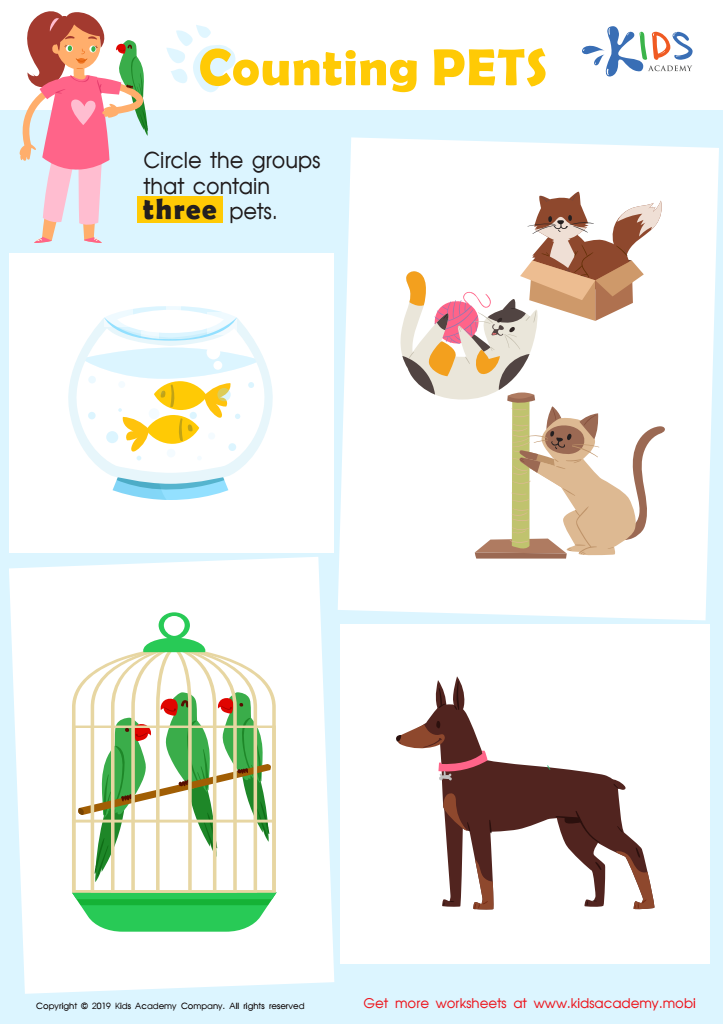

Counting Pets Worksheet
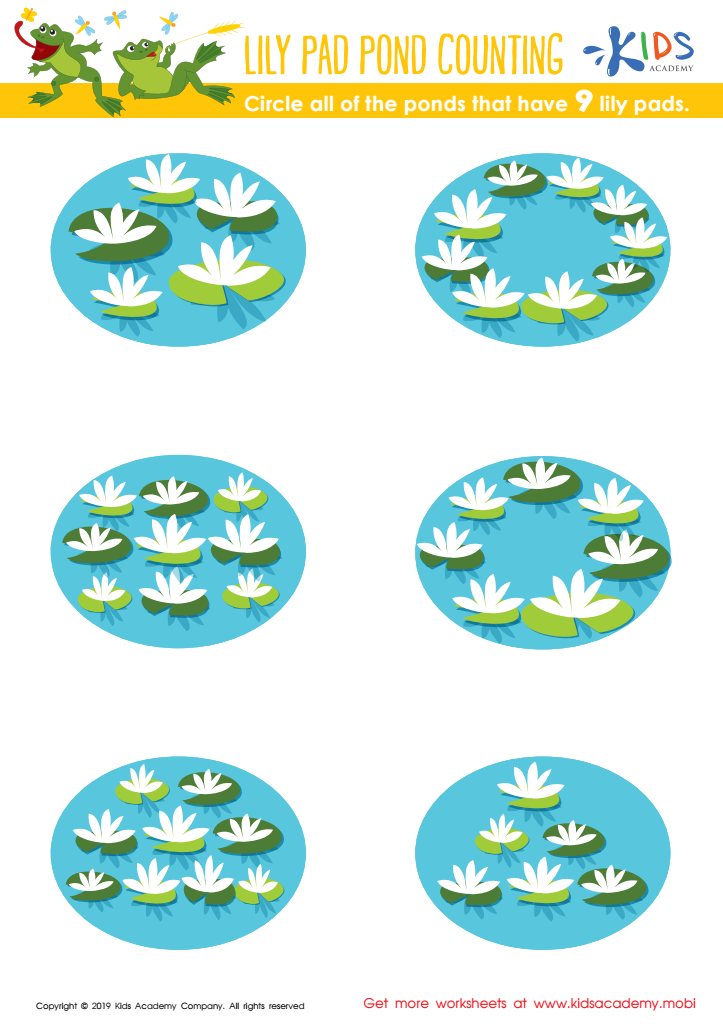

Lily Pad Pond Counting Worksheet
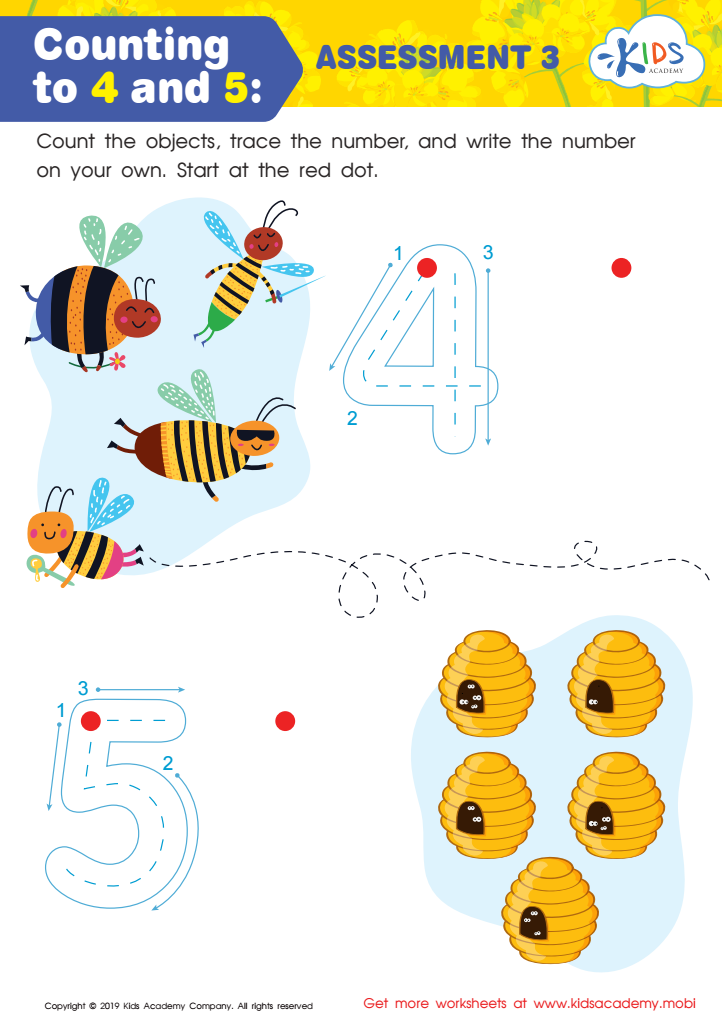

Counting to 4 and 5: Assessment 3 Worksheet
Teaching basic addition of normal numbers 0–10 to 3-year-olds is essential for several reasons. Firstly, early exposure to mathematical concepts lays the groundwork for future academic success. Engaging children with basic addition helps nurture critical thinking and problem-solving skills, which are crucial in their overall cognitive development.
At this young age, children are naturally curious, and introducing them to numbers through playful activities can foster a love for learning. Simple adding games, such as counting toys or snacks, make math fun and relatable, promoting a positive attitude towards numbers and enhancing their ability to grasp more complex concepts later on.
Furthermore, understanding basic addition aids in developing essential life skills. It allows children to comprehend quantities, make comparisons, and develop a sense of responsibility when managing small sets of items. This foundational knowledge not only supports children academically but also encourages their social skills as they learn to share, trade, and collaborate with peers.
Overall, focusing on basic addition for 3-year-olds nurtures their innate curiosity while equipping them with valuable skills to help them succeed both in school and in everyday life. Parents and teachers play a crucial role in integrating these early math concepts interactively, making learning both meaningful and enjoyable.
 Assign to My Students
Assign to My Students









